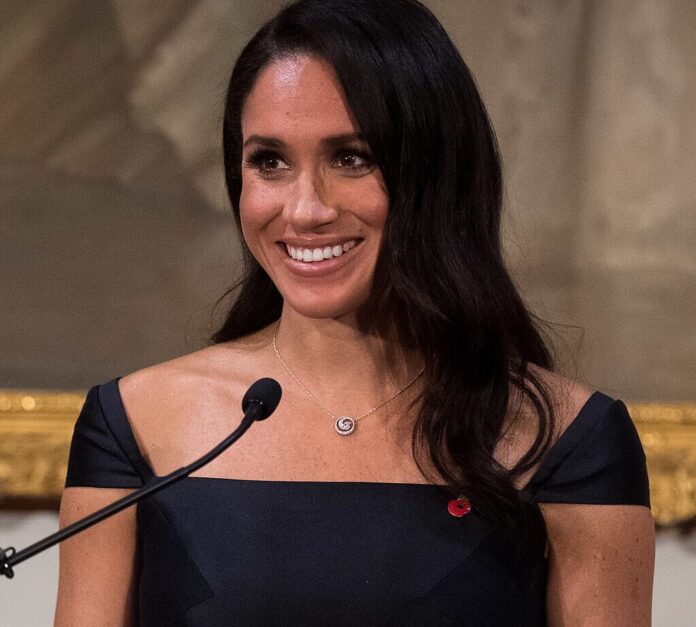Meghan Markle’s artisan Rosé debuts July 1, but critics warn fans may tire of constant sell-outs
Meghan Markle is preparing to uncork a brand-new chapter in her lifestyle empire: a Napa Valley rosé wine under her As Ever brand. But as excitement swells ahead of the July 1 release, experts are warning that the Duchess of Sussex risks alienating her loyal customers with a flawed sales strategy rooted in scarcity.
The wine, set to go live on asever.com from 8 a.m. PT, follows Markle’s earlier launches of jams, edible flower sprinkles, and teas—all of which vanished from shelves within minutes. That same burst of demand may greet her wine, says PR strategist Nick Ede, but he cautions that repeated “sold out” notices may wear thin with shoppers seeking more than novelty.
“I’m sure we’ll see stories about the wine being sold out within seconds,” Ede told Newsweek. “But while that buzz is great initially, customers will eventually grow frustrated if they can’t restock basic items like jam or tea for months.”
Markle launched her e-commerce platform As Ever in April 2025. The original release sold out almost instantly, prompting the former actress to release a second wave of products on June 20—ten times larger than the original inventory. That too vanished in minutes.
But while scarcity is a proven tool in fashion—think luxury handbags with years-long waiting lists—experts warn it may not translate well to consumables like food and wine.
“These aren’t high-ticket luxury goods,” said Ede. “This is jam and flower sprinkles. People want to be able to purchase them when they want them. That’s what modern consumer culture is about—instant gratification.”
Embed from Getty ImagesHe adds that while Markle’s commitment to authenticity and artisanal appeal is admirable, it can clash with the expectations placed on celebrity-backed brands. “If you’re Meghan Markle and you’re collaborating with Netflix, you can’t operate like a farmers’ market stall. People expect consistent access.”
Indeed, Markle has previously described her brand’s roots on the Aspire with Emma Grede podcast as an idea born out of a humble food stall. The rustic charm of her branding—complete with handwritten labels and pastel packaging—suggests small-batch ethos. But Ede says the duchess must now scale responsibly.
“It would be a shame for her to lose that handcrafted charm,” he admits. “But if the demand is there, and clearly it is, she might have to rethink supply chains and partners.”
So far, Markle’s success has hinged on exclusivity. Her apricot jam caused a minor internet frenzy but quickly disappeared from shelves. Would-be buyers were left empty-handed.
“You look at it and think, ‘Let’s try Meghan’s jam.’ But you can’t get it,” Ede noted.
The upcoming rosé, however, may differ. Unlike homemade preserves, the wine is likely being produced by a contracted vineyard with the resources to meet demand—especially as Markle steps into the vast and competitive wine market.
Still, the larger challenge remains: striking the right balance between boutique and accessible.
“Consistency matters,” says Ede. “If you want customers to fall in love with your brand, they need to know they can come back and buy it again next week—not wait three months.”
As July 1 nears, anticipation continues to rise—but so does pressure on Markle to evolve her brand beyond exclusivity and into a sustainable, scalable business model. One that satisfies curiosity, but also delivers reliability.
